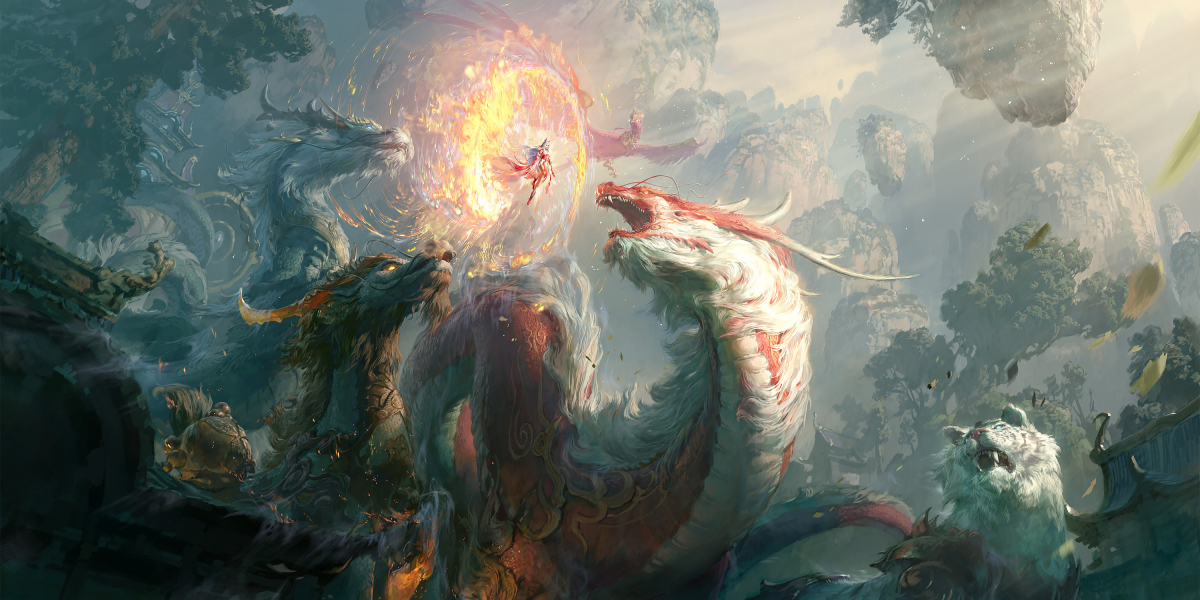The consumer experience has undergone a significant transformation over the past few decades. With the rapid advancement of technology, businesses are now able to engage with their customers in ways that were previously unimaginable. This article delves into the evolution of the consumer experience and how technology is reshaping customer interactions.
Understanding the Modern Consumer Experience
In today's digital age, the consumer experience is not just about the product or service offered; it encompasses the entire journey a customer takes from awareness to purchase and beyond. How do consumers perceive brands in this interconnected world? The answer lies in the seamless integration of technology into every touchpoint of the customer journey.
- Personalization: Tailoring experiences to individual preferences.
- Accessibility: Ensuring products and services are available across multiple platforms.
- Engagement: Creating meaningful interactions through social media and other channels.
The Role of Technology in Shaping Interactions
Technology plays a pivotal role in enhancing the consumer experience. From artificial intelligence to data analytics, businesses can now gather insights that allow them to understand customer behavior better. For instance, chatbots provide instant support, while recommendation algorithms suggest products based on previous purchases. How can businesses leverage these technologies to improve their customer interactions?
- Utilize data analytics to identify trends and preferences.
- Implement AI-driven tools for personalized customer service.
- Enhance mobile experiences to cater to on-the-go consumers.
Challenges in the Consumer Experience Landscape
Despite the advancements, challenges remain in delivering an exceptional consumer experience. Privacy concerns, data security, and the digital divide are significant issues that businesses must navigate. What strategies can companies adopt to address these challenges while maintaining a positive customer relationship?
Companies should prioritize transparency in data usage and invest in robust security measures. Additionally, they can focus on creating inclusive experiences that cater to diverse consumer needs. By doing so, businesses can foster trust and loyalty among their customers.
The Future of Consumer Experience
Looking ahead, the consumer experience will continue to evolve. Emerging technologies such as virtual reality and augmented reality are set to redefine how consumers interact with brands. Imagine a world where customers can try products virtually before making a purchase. How will this impact their decision-making process?
As we embrace these innovations, it is crucial for businesses to remain adaptable and responsive to changing consumer expectations. By prioritizing the consumer experience, companies can not only enhance customer satisfaction but also drive long-term success.
For those interested in unique and personalized products, consider exploring that cater to individual tastes and preferences.
Conclusion
In conclusion, the evolution of the consumer experience is a testament to the power of technology in shaping customer interactions. By understanding and adapting to these changes, businesses can create meaningful connections with their customers, ensuring a positive and lasting impact.








